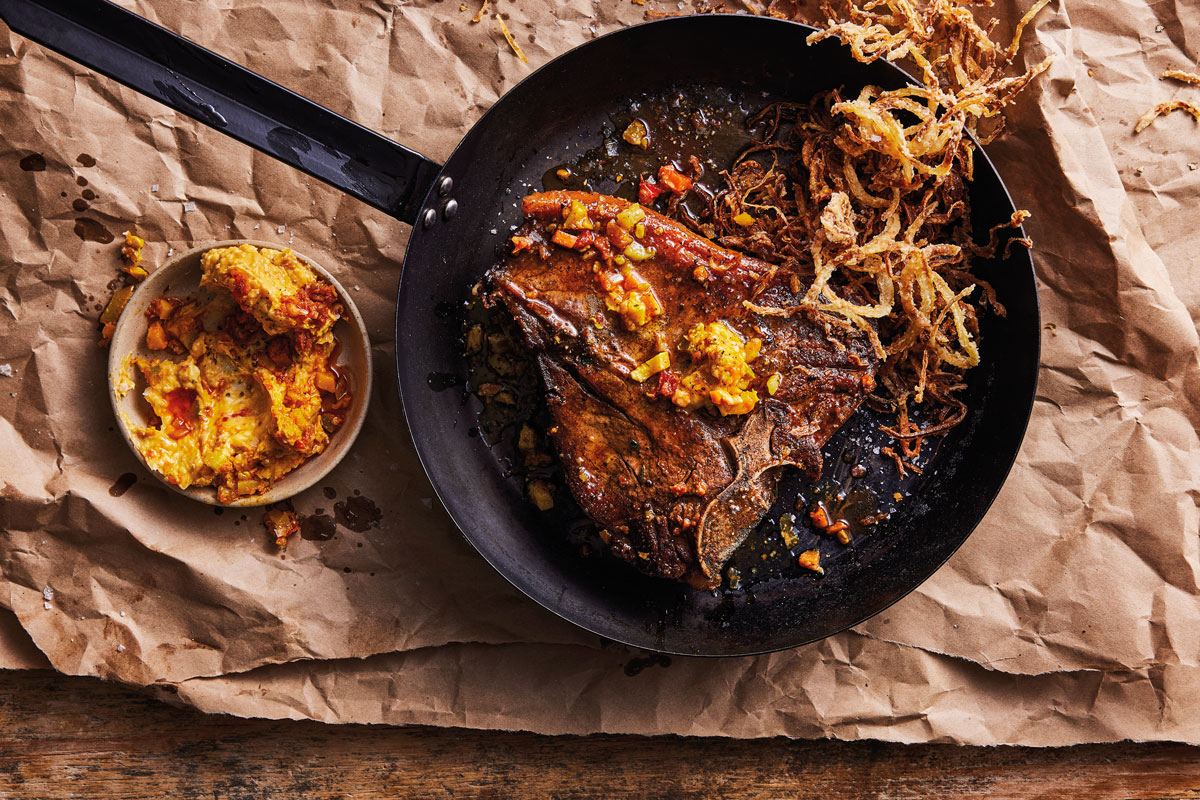Why protein is important in perimenopause
If you’re going through the tempestuous time known as perimenopause, you may want to look at increasing your protein intake. We asked the experts to explain why.
Menopause marks the end of a woman’s reproductive years. Less commonly discussed is perimenopause – the lead-up to the main event, which can last up to eight years, although the average is four. Perimenopause is known for its unpleasant symptoms, which may include hot flashes, night sweats and mood changes. During this time, oestrogen – one of the main reproductive health hormones in women – begins to decline, which can affect mood, sleep and physical health. What you eat makes a difference.
The role of protein in perimenopause
“Some researchers believe that, during perimenopause, the body experiences what’s known as the ‘protein leverage effect’, where the body’s increased breakdown of protein can drive both weight gain and muscle loss if not countered with higher dietary protein,” says Jae Braun, a registered dietician and wellness coach and host of the Wellness Is Everything podcast.
Studies also suggest that the intake of protein (but not fat or carbohydrates) decreases during menopause despite the importance of this macronutrient.
When women don’t get enough protein during perimenopause and menopause, says Braun, it can put them at risk of health conditions and lifestyle complications, including falls, bone fractures, higher body fat and metabolic diseases such as heart disease and diabetes.

It can affect mental health, too. “Low protein can lead to fatigue and low energy levels, making it harder to stay active or keep up with a busy day,” says Raffaella Braga, a registered dietician at Nutritional Solutions in Pretoria. “This fatigue isn’t just physical; it can also affect mental sharpness and mood.”
Benefits of protein
Protein has numerous benefits for women in perimenopause and menopause. “For women in this stage, prioritising protein at every meal can make a significant difference in quality of life, energy, and long-term health,” says Braga.
Benefits include:
- Preserving muscle mass: “During menopause, a natural decline in oestrogen levels can contribute to sarcopenia, which is age-related loss of muscle mass, quality and strength,” says Braga. “Protein helps counter this by supporting muscle maintenance and growth, which is essential for strength, balance, and overall mobility.” She also stresses the importance of exercise.
- Supporting bone health: “As oestrogen levels drop, bone density can decrease, increasing the risk of osteoporosis. Protein plays a role in maintaining bone strength, which helps reduce the likelihood of fractures,” says Braga. She recommends pairing protein with calcium and vitamin D for maximum benefit.

T-bone steak with atchar-anchovy butter
- Weight management: “Protein is particularly effective at increasing satiety, meaning it helps keep you fuller for longer,” says Braga.
- Stabilising blood sugar: blood sugar levels tend to fluctuate more during this life stage, says Braga. “Protein helps regulate blood sugar by slowing down the digestion of carbohydrates, resulting in steadier energy levels and fewer cravings.”
- Better mood and energy: “Eating enough protein can help maintain stable moods and reduce feelings of fatigue, supporting better emotional and physical well-being during this transition,” says Braga.
So, how much protein do you need in perimenopause?
“Younger women generally need about 0.8 to 1 gram of protein per kilogram of body weight depending on activity levels,” says Braun. “In perimenopause and menopause, aim for 1 to 1.2 grams of protein per kilogram of body weight daily, again depending on physical activity levels. Studies show that increasing dietary protein concentration by just 1–3% can help prevent weight gain and muscle loss during this phase.” Research also indicates that pairing this increased protein intake with regular weight-bearing exercise can further help to mitigate the extent of muscle loss.
Of course, overall health guidelines still matter, so don’t forget the basics: eat a balanced diet with enough wholegrain carbohydrates and plant-based proteins, and drink plenty of water. Braun recommends reducing your carbohydrate and fat intake by about 10% to make room for the extra calories from your increased protein, as well as prioritising plant-based protein sources and not just opting for animal sources.

Tofu with 5-minute Romesco sauce
And remember, everyone’s body is different. If you need help figuring out your protein needs, contact a registered dietician.



Very interesting article, Thank You ;-)